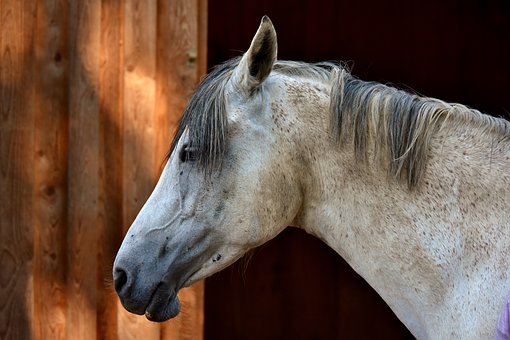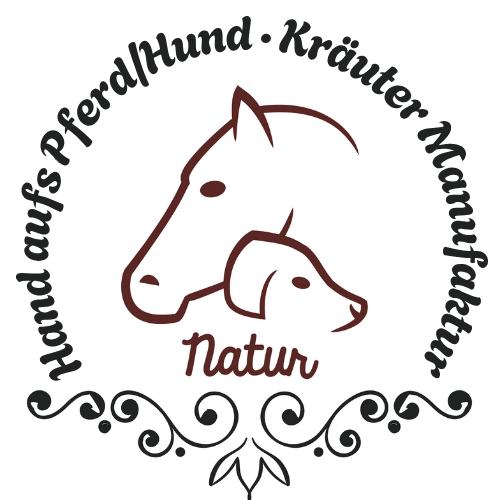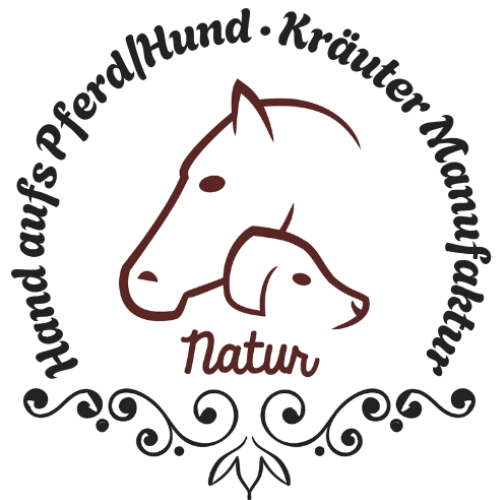
Thick jaws in horses
Thick jaws in horses
The term "jaw" refers to the semicircular area of the rear lower jaw in horses. Specifically, it refers to the area at the edge of the cheek formed by the masseter muscle. Adjacent to this area are the strands of the parotid gland, which originate at the top of the lower part of the auricle.
Freedom of the horse's jaw
The freedom of the muzzle or width of the muzzle is of great importance in equestrian sports, especially in dressage. Adopting the posture required in dressage is virtually impossible for a horse with a muzzle that is too narrow. Muzzle pressure refers to painful pressure with the reins on the Parotid gland. The width of the muzzle, or also known as the muzzle clearance, is crucial for a horse's suitability for dressage.
Causes of swollen parotid glands in horses – facts and common assumptions
Swollen parotid glands in horses are a frequently observed phenomenon, and there are many different opinions and theories about this. Some suspect that small stones could be blocking the gland ducts. Others attribute the discomfort to the influence of fertilizers in the paddock, which may cause irritation of the glands. Allergies to certain plants or a high protein or fructan content in the diet are also frequently discussed as possible causes.
Regardless of the various theories, one thing is clear: bilaterally swollen parotid glands are a familiar problem for many horse owners. This phenomenon is particularly common in horses ridden in the so-called rollkur style. The tight lacing can cause the muzzles to become crushed, which impairs the horse's well-being.
The crushing can cause the parotid glands to produce excessive saliva, which cannot drain properly. This causes the glands to visibly protrude. Over time, this can lead to chronic inflammation of the parotid glands.
Swollen jaws after paddock walk – A common puzzle for horse owners
A common phenomenon in horses is swollen jaws after being out on pasture. This symptom often puzzles both horse owners and veterinarians.
Swollen parotid glands are particularly common in horses that consume short-grazed grass. Interestingly, neither the weather, season, age, nor breed of the horse are decisive factors. A common factor among affected horses is the consumption of short-grazed grass, some of which has been eaten down to the roots.
It is discussed that the intense plucking motion during feeding when grass is insufficient could be a possible trigger for the swelling of the parotid glands. The frequent chewing motion stimulates saliva production. However, if there is insufficient food intake due to a shortage of grass, the saliva produced cannot be transported away or swallowed along with the food.
This disrupted drainage causes saliva to build up and the parotid glands to swell.
What influence does feeding have
Please don't hesitate to take action if your horse is having difficulty salivating. It's important to support the horse so that the saliva can flow naturally or be swallowed. Gentle exercise or feeding small portions can be helpful.
When feeding, make sure to provide high-quality hay. Hay provides longer-lasting activity and naturally stimulates saliva production. In contrast, you shouldn't offer quick-feed foods like muesli or oats, as these are consumed quickly and don't stimulate sufficient saliva production. This can cause the muzzles to remain swollen.
To support metabolism and promote healthy glandular drainage, administering our "Liver Herbs for Horses Sunrise" may be beneficial. This herbal blend is specifically designed to strengthen the liver and intestines, thus supporting the natural metabolic process.
Exercise helps your horse
If you choose to exercise your horse, lunging is the recommended method. When riding, the bridle can sometimes put additional pressure on the glands, which could worsen the condition. If your horse feels comfortable with a loose, relaxed ride on a long rein, this is also possible.
It's important that your horse is relaxed and chews its feed calmly. Movement can naturally stimulate saliva flow. Furthermore, physical activity supports the general metabolism, which can have a positive effect on your horse's well-being.
Can I prevent thick jaws in horses?
Yes, you can support this by making sure you don't ride your horse in the so-called rollkur. This riding style can not only put strain on the parotid gland, but also impair other structures. If you still want to use this technique, you should ensure that the horse is not rolled up for longer than a minute at a time and that the reins are loosened regularly. This way, you can help relieve the strain.
You can also attach a hay net or set up a manger in the paddock so your horse has continuous access to feed. This prevents dry drooling, which can lead to swelling of the muzzle.

